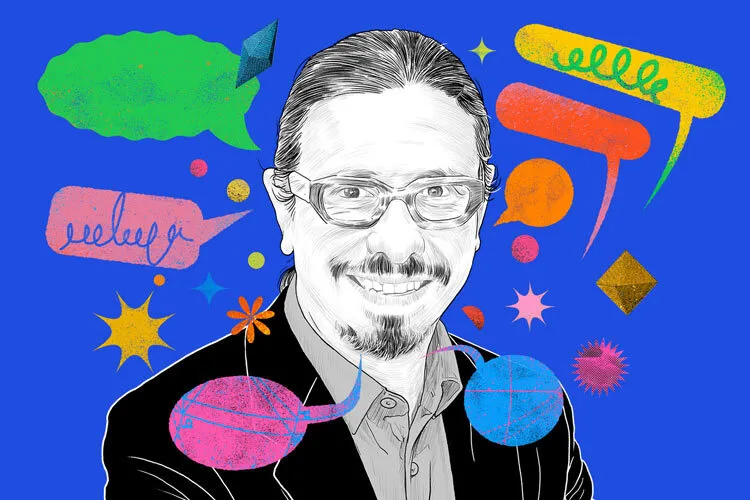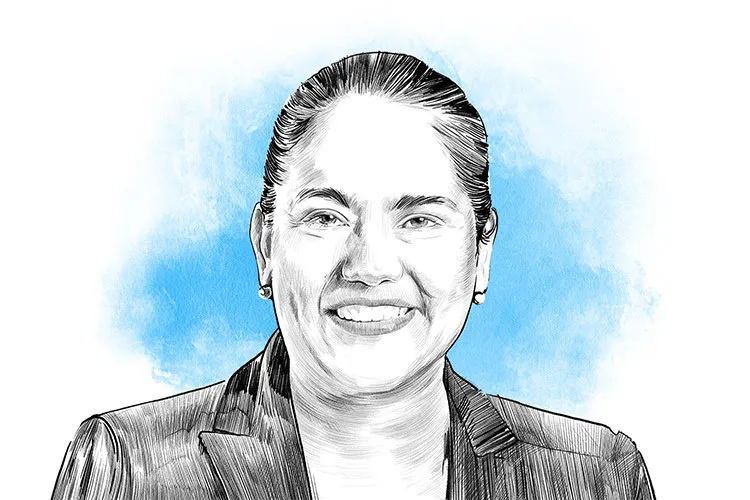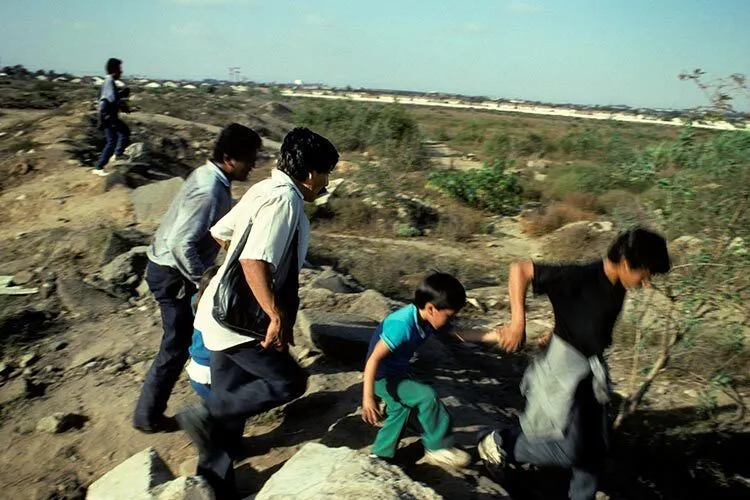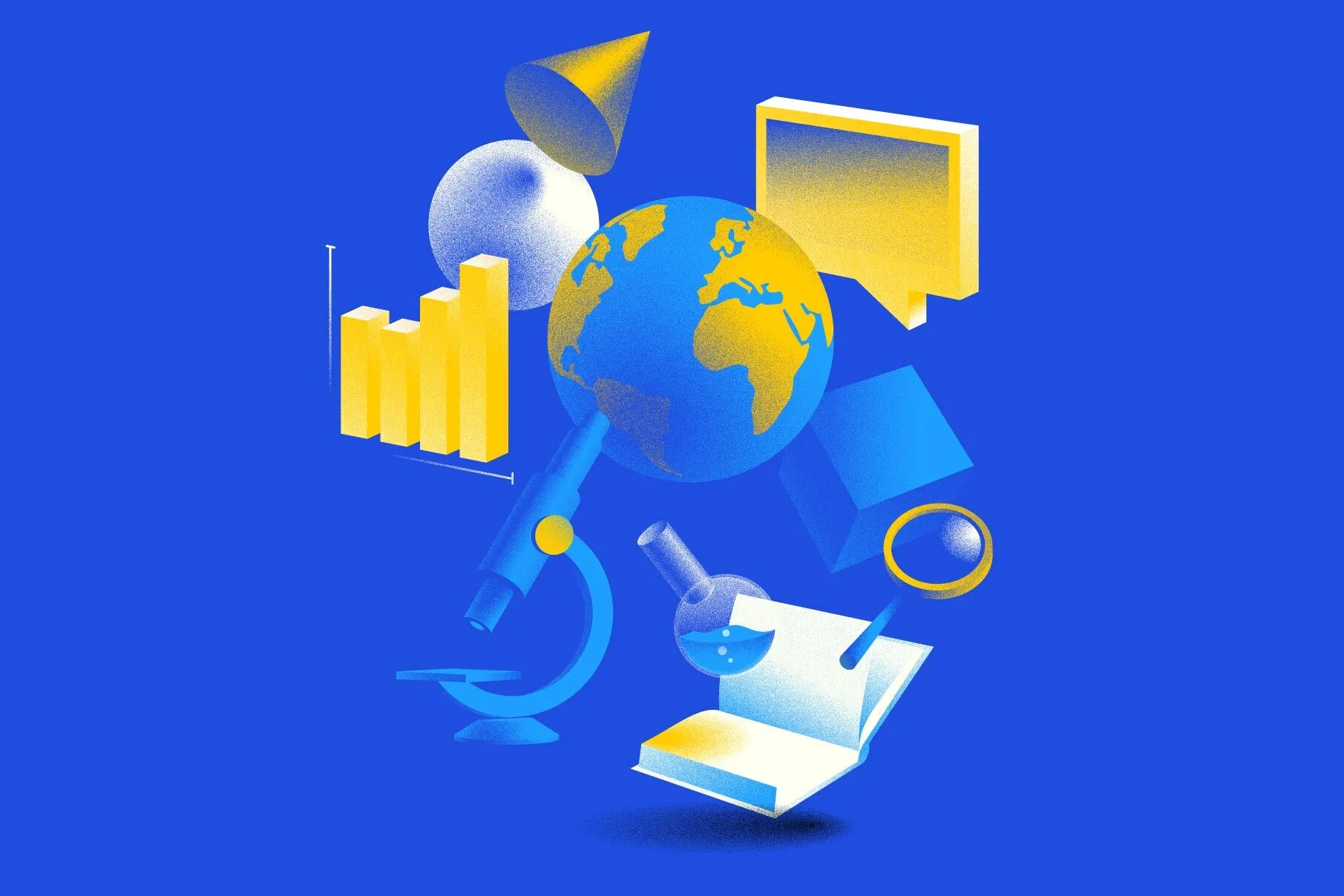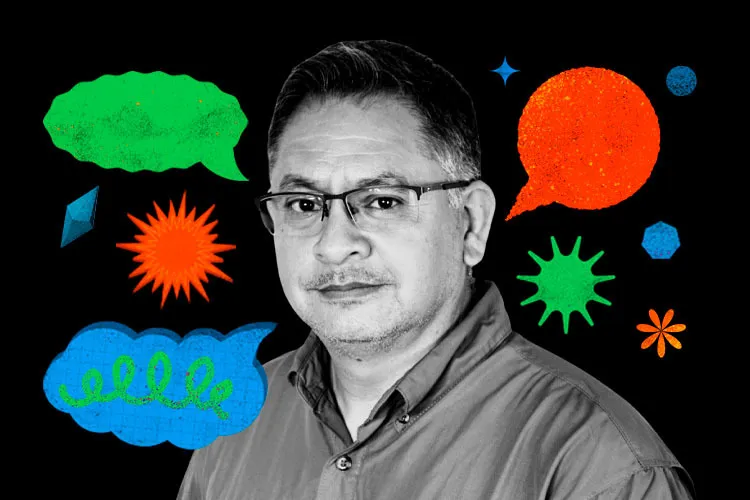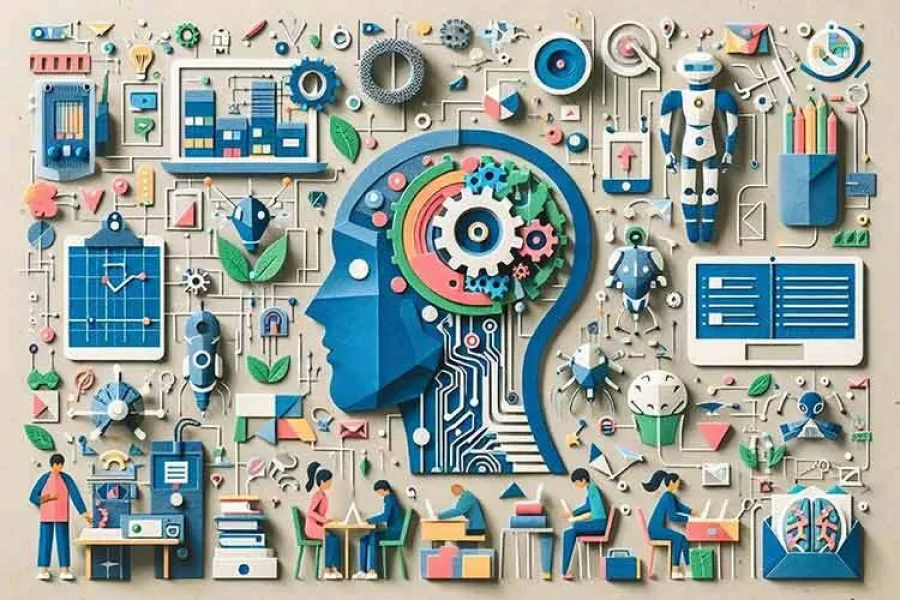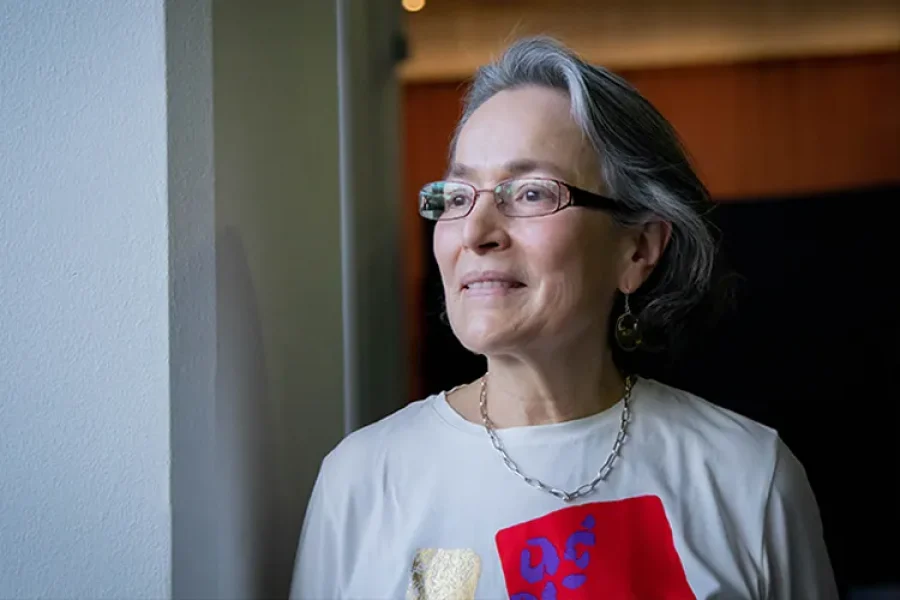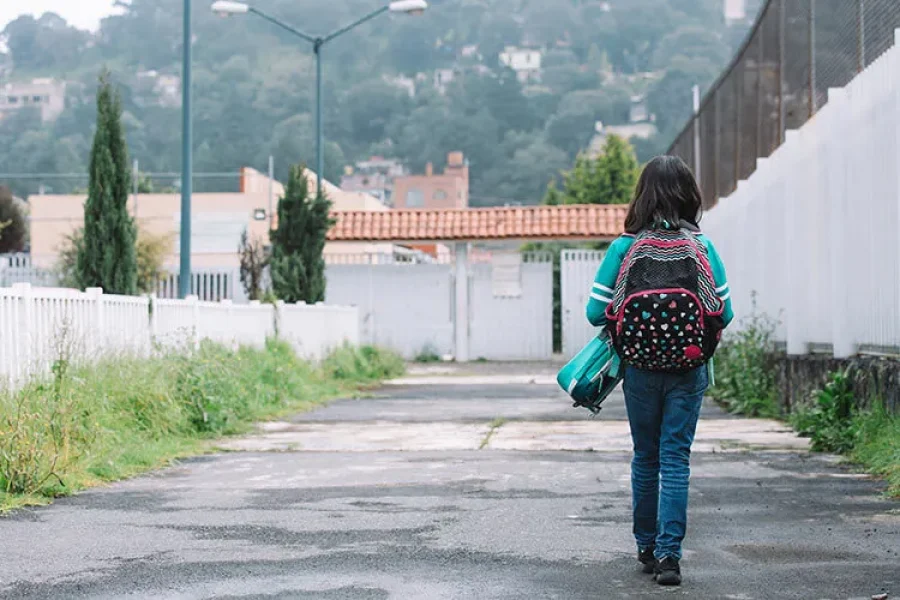International days give us the opportunity to reflect on important events and rally efforts to meet specific goals. November 10th is World Science Day for Peace and Development. It was proclaimed by Unesco in 2001 and has been celebrated since 2002 to remind us of the commitments made at the World Conference on Science held in Budapest in 1999.
The Declaration on Science and the Use of Scientific Knowledge, established at that conference, begins by acknowledging that we all live on the same planet, are part of the biosphere, and that the care of the life-sustaining systems will also determine our future.
Science has long been a powerful tool for meeting human needs, for imagining and creating new realities, and for transforming the human condition. However, alongside great advances in health, food production, and technology, we have also seen the creation of deplorable weapons of mass destruction, environmental degradation, and the persistence of problems like inequality and poverty in a world that shares these challenges.
This day serves as a reminder that scientists have a profound responsibility. Science must be a means of cooperation between nations, access to scientific knowledge is essential for human education, and science must promote and respect environmental stewardship.
Many thinkers today highlight that we are living under the shadow of a polycrisis, where a single environmental crisis can trigger multiple crises, both ecological and human. Science is crucial and increasingly urgent to address issues related to our adaptation to climate change, driven by human actions and our understanding of development. Cameroonian intellectual Achille Mbembe argues that we need to cultivate a new generation of knowledge that reflects a cosmological dimension of ecology and transforms both the economy and work.
This World Science Day for Peace and Development takes on special importance in light of the wars still ongoing in 2024, which remind us that the nuclear threat is a very real and present danger.
Amid the ongoing boom in generative Artificial Intelligence, reflecting on our relationship with science —and its ambivalent, both creative and destructive character— is more vital than ever. Not only to avoid possible dystopian futures, but also because, as James Bridle points out, Artificial Intelligence risks becoming a corporate intelligence, driven not by the well-being of living beings but by decision-making focused on profit maximization and extractive goals.
Undoubtedly, we need to reconsider our relationship with the world, to imagine with science, and to contemplate a horizon beyond the human in order to achieve a Gaia peace or ecological peace.
* Javier Alejandro Camargo is the Editor-in-Chief of En-Claves del Pensamiento, the journal of the Tecnológico de Monterrey. He is a research-professor, and coordinator of the Research Subgroup on Peace Culture, Gender, and Human Rights. He is a member of Mexico’s National System of Researchers, Level 1.
